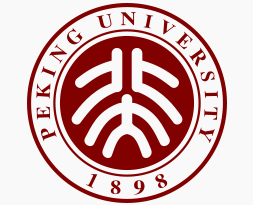
PUHSC has built a unique campus culture that advocates diligence, rigor, objectivity and creativity. And the faculty and graduates of PUHSC are known for their devotion to the country and to the health profession. With the strong support of the central government, this first public medical school of China will continue to offer quality medical education to the Chinese health care system. PUHSC offers a full range of courses for 8 specialties including basic medical sciences, clinical medicine, preventive medicine, stomatology, pharmacy, nursing, medical laboratory diagnosis and biomedical English. It has 47 accredited doctoral programs and 59 master programs. In addition to offering undergraduate and graduate programs, it also plays an active role in continuing education. PUHSC hosts 6 postdoctoral programs. PUHSC has 6 schools, namely, School of Basic Medical Sciences, School of Pharmaceutical Sciences, School of Public Health, School of Nursing, School of Distance Education, and Faculty of Foundation Education. PUHSC has 8 university hospitals, namely, the First School of Clinical Medicine (Beida Hospital), the Second School of Clinical Medicine (the People’s Hospital), the Third School of Clinical Medicine (the Third Hospital), Institute of Mental Health (the Sixth Hospital), School of Stomatology (the Dental Hospital), School of Oncology (Beijing Tumor Hospital), Peking University Shenzhen Hospital, Peking University Shougang Hospital.In addition, 13 hospitals in Beijing serve as teaching hospitals.